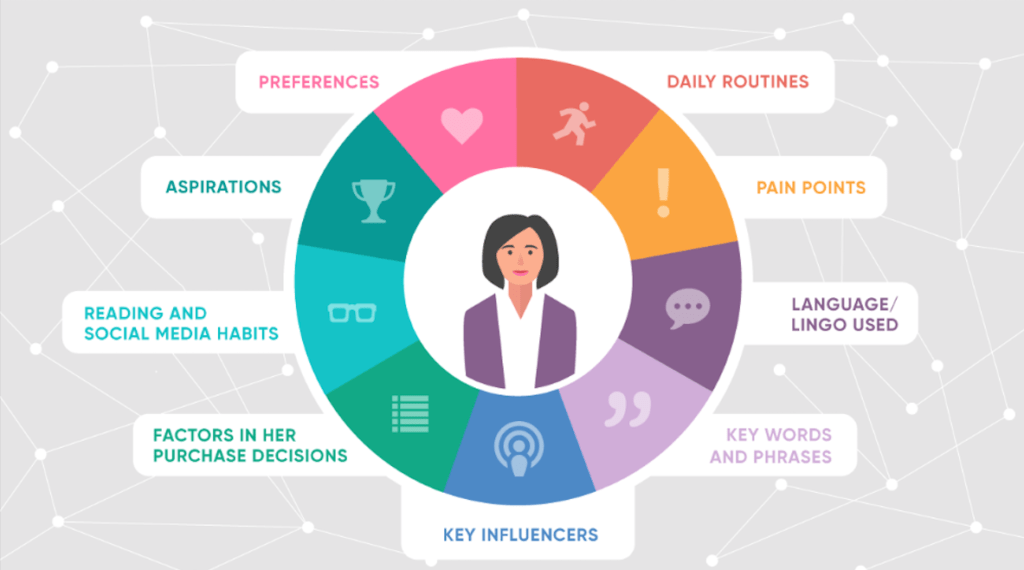The 10 most Important Ecommerce Metrics to Track
As ecommerce becomes our livelihood the need for metrics, defined as quantifiable, consistent measurement of financial and website performance, becomes vital. Here we have listed the 10 most important ones: 1. Product Discovery Metrics Metrics that help measure activities leading to creating brand discovery and awareness are: Impressions; is the number of times an ad is presented to web users through Facebook, google, Instagram or social media. Reach; the number of subscribers, followers and viewers your web content or ad fetches including email opt in subscribers, Facebook followers and loyalty program subscribers. Engagement; measures how many subscribers (Reach) engage with your content (Impressions) 2. Acquisition Metrics These measure how many customers get to the website to view or purchase. Email Click Through; measures the number of email subscribers clicking on the website. Better worded email, strong calls-to-action and good subject lines promote Email Click through! Cost Per Acquisition; the cost associated with acquiring customers to your ecommerce platform. Online businesses invest in paid search campaigns to drive website traffic and this ensures you keep within budget. Organic Acquisition Traffic; Measures the number of people attracted without any cost to your business. Ensuring a good Onsite/Technical SEO improves organic traffic. 3. Conversion Metrics The effectiveness in converting an online visitor to a purchasing customer are summed up as Conversion Metrics. These include Shopping Cart Abandonment Rate, Checkout Abandonment Rate and Sales Conversion Rates. 4. Average Order Value The Average Order Value (AOV) is the average price Ecommerce customers pay for items in their cart at checkout helping Ecommerce to improve marketing strategies. 5. Retention Metrics These provide data on customer loyalty and includes the following: Customer Retention Rate (CRR); The percentage of customers maintained over a period of time. Customer lifetime Value (CLV); Total earnings from customers during the length of business relationship. It is calculated from AOV, repeat transactions and retention period. Repeat Customer Rate (RCR); It is the percentage of returning customers 6. Refund and Return Rate The refund and Return Rates are indicators of e-commerce health. 7. Ecommerce Churn Rate This measures the number of customers a business has lost over a period of time and improves strategies to retain customers for longer periods of time. 8. Net Promoter Score (NPS) It is the number of customers satisfied with your e-commerce business and willing to promote your business to others. The more NPS score the better your business is doing! 9. Subscription Rate This is the percentage of customers subscribing to email listings. 10. Program Participation Rate The percentage of customers enrolled in incentives such as loyalty programs or review platforms. Monitoring digital usage is an important aspect in business marketing. Not only that, but it helps you get clearer financial information about your business.
The 10 most Important Ecommerce Metrics to Track Read More »






